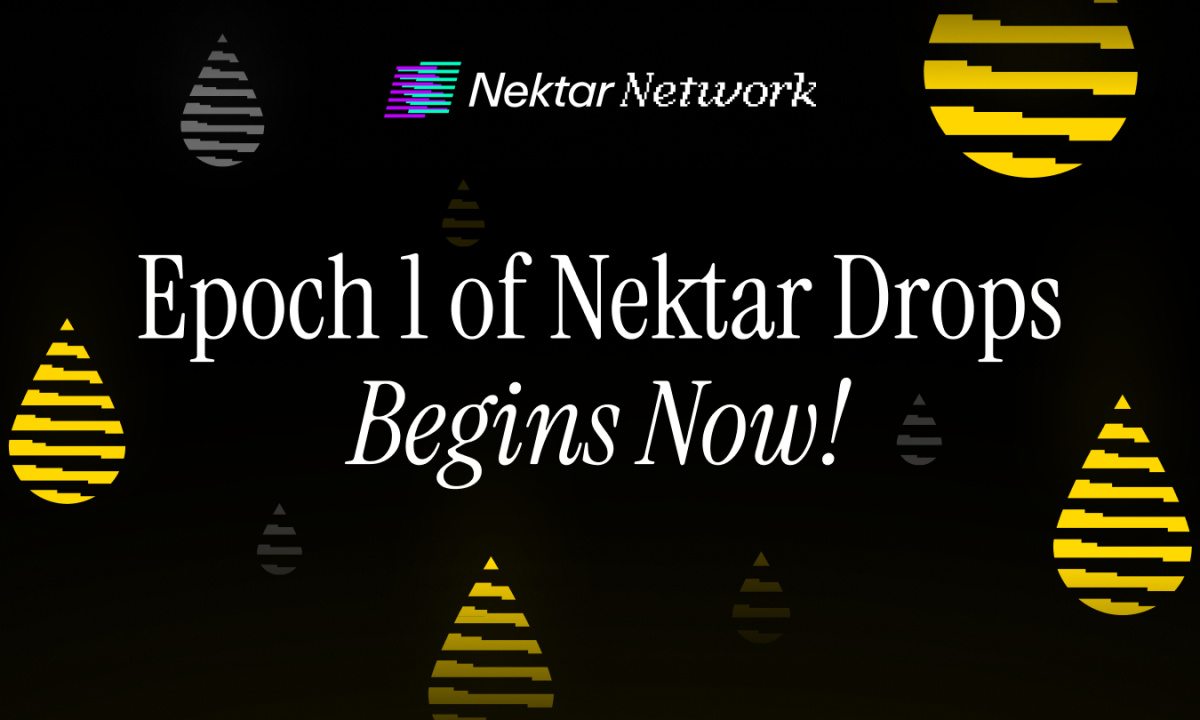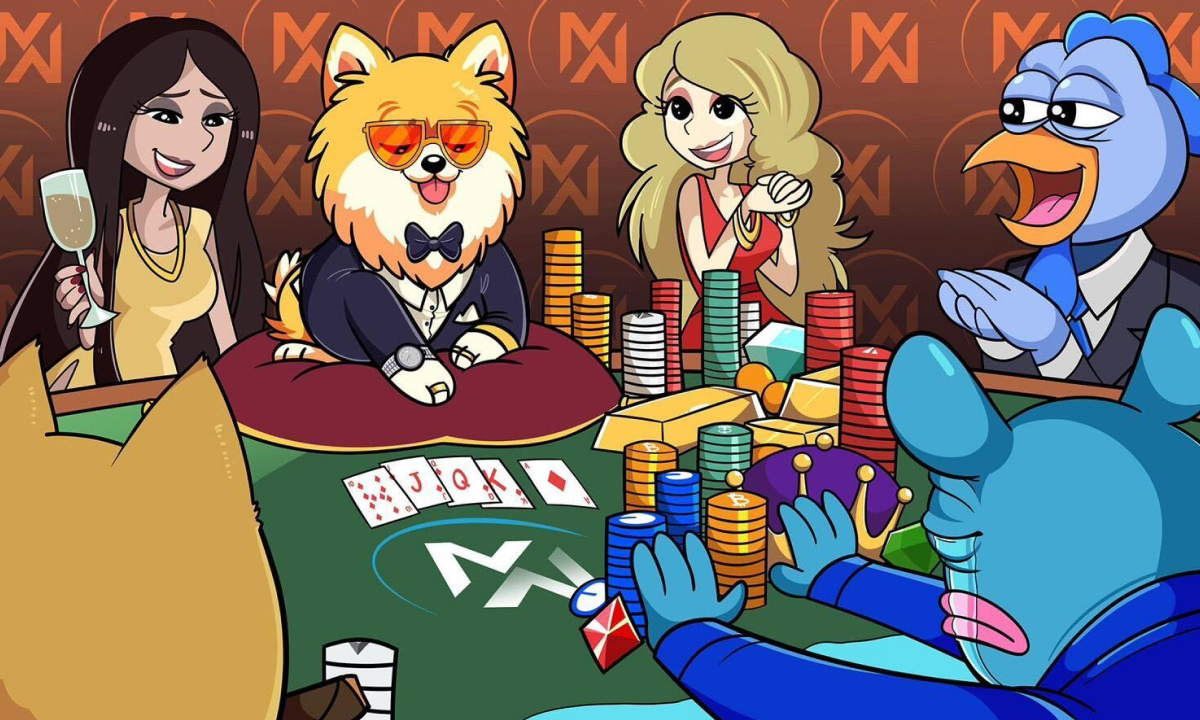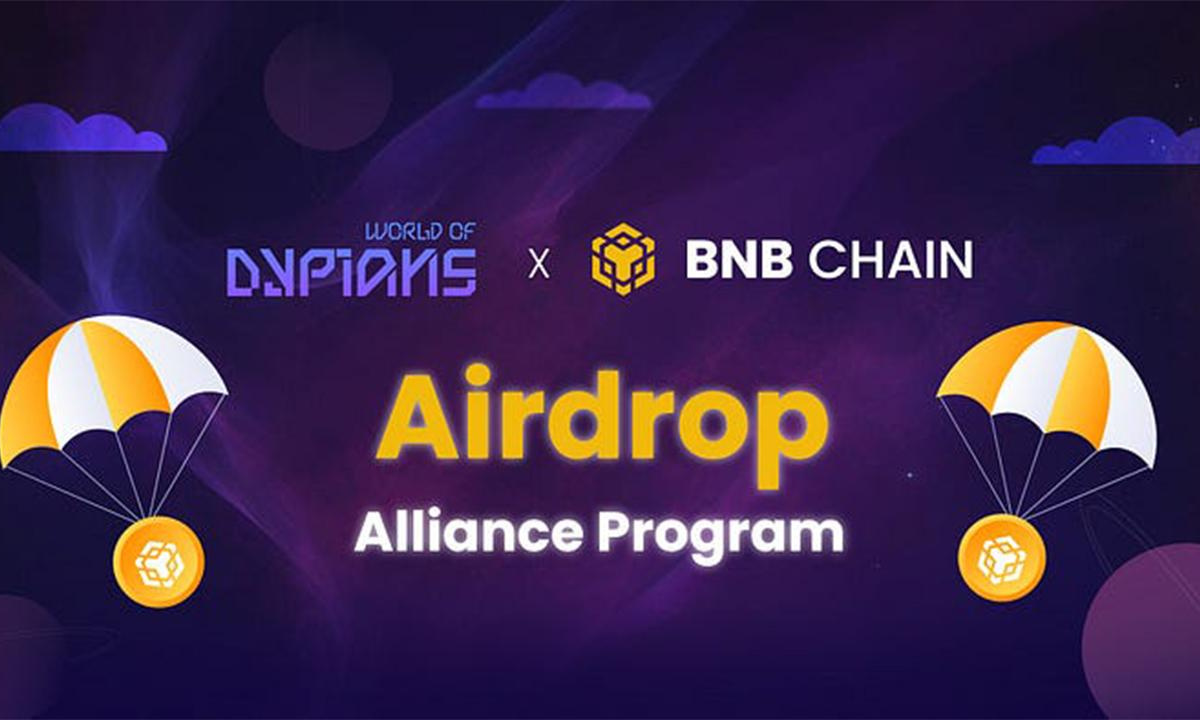Blur Suggests Creators Block OpenSea If They Want Full NFT Royalties
Key Points:
- The battle between NFT marketplace Blur and top competitor OpenSea has become more intense as both platforms vie for market share between NFT creators.
- The NFT trading platform made an announcement that it will impose full author royalties for any collection that prevents trading on it.
- The project does so by allowing creators to add a piece of code to their NFT contract to restrict the sale of the project on secondary NFT markets that do not respect royalties.
BLUR token airdrop performance gave the marketplace the confidence to disclose a controversial policy change. Finally, a full-fledged conflict has broken out between two major NFT exchanges.
On February 15, the NFT marketplace published a blog aimed at the NFT community of creators, outlining the differences in royalty payment options between its platform and OpenSea.
When Blur first launched in October, the platform followed a royalty-optional model popularized by competitors like X2Y2. In November, it expanded royalties to permission NFTs and, a month later, began enforcing a minimum royalty fee of 0.5%.
However, the platform stated today that it would abide by any royalties demanded by NFT project creators—as long as they prevent the trade of their collections on OpenSea. This is accomplished by giving authors the option to add a piece of code to their NFT contracts that forbids the selling of their work on secondary NFT markets that disregard royalties.
The leadership of Blur presented this policy shift as a strictly defensive survival strategy, compelled by OpenSea’s own anti-competitive tactics, in a blog post:
“Our preference is that creators should be able to earn royalties on all marketplaces that they whitelist, rather than being forced to choose.”
According to the platform, because of inconsistencies in the regulations, artists are unable to get royalties from both OpenSea and Blur at the same time, and it is advised that creators prevent their tokens from being listed on OpenSea.
“Creators that whitelist both OpenSea and Blur should be able to earn royalties on both platforms. Today, OpenSea automatically sets royalties to optional when they detect trading on Blur. We would like to welcome OpenSea to stop this policy, so that new collections can earn royalties everywhere.”
This is considered a “declaration of war” action by Blur with OpenSea because OpenSea has a policy of only paying royalties for an NFT collection if they only trade on it. Thanks to Ethereum’s position as the largest NFT platform with huge transaction volume, OpenSea has taken advantage of that as well as its royalty policy, to attract large NFT projects, resulting in buyers. In 2022, OpenSea was revealed to have paid up to $1.1 billion in royalties to NFT collection owners.
In January 2022, traders discovered a vulnerability that allowed Blur to bypass OpenSea’s trading blocking policy on secondary markets that did not respect creator royalties. Since then, the rivalry between OpenSea and Blur has intensified. Blur witnessed rapid growth in trading volume in recent months.
On February 14, the NFT marketplace released its own token called BLUR through an airdrop of great value to users, reaching a trading volume of $1 billion after its launch and being listed simultaneously. on large floors. However, as has always been the case with emerging projects, the BLUR price quickly dropped sharply after the airdrop.
DISCLAIMER: The Information on this website is provided as general market commentary and does not constitute investment advice. We encourage you to do your research before investing.
Join us to keep track of news: https://linktr.ee/coincu
Harold
Coincu News

















